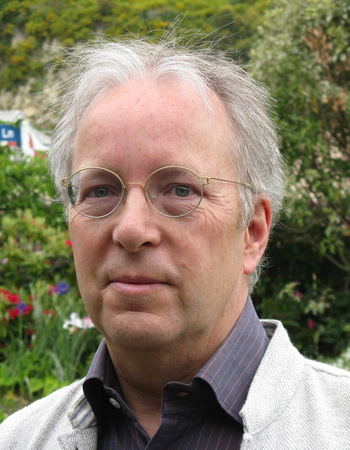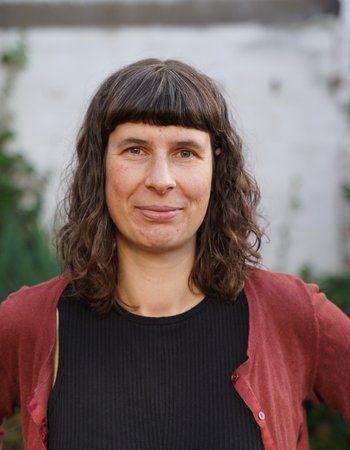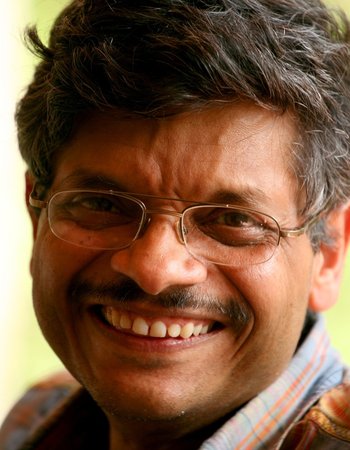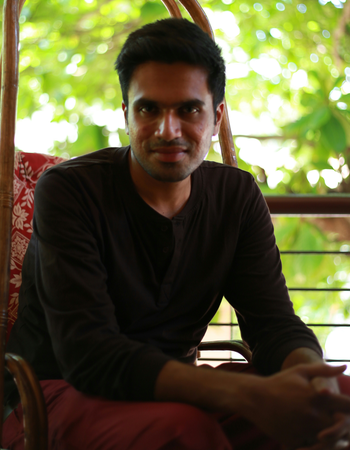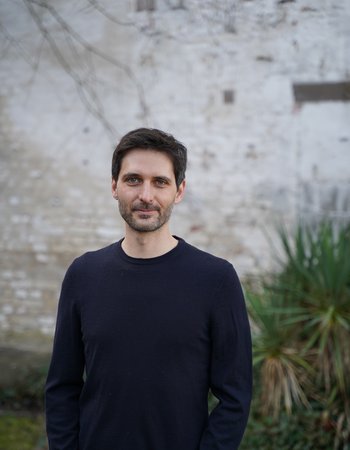Contestation over Property Regimes and Housing: (Un)doing Commodified Urban Land Ownership in India and Germany

Outline
The first phase focused on property practices within India’s largest and iconic “slum”, Dharavi in Mumbai (Case Study A), and on property dynamics over four generations in an extended Dalit patrilineage in the semi-urban/rural context of Madhya Pradesh (Case Study B). Both case studies exposed the socio-political embeddedness of property relations and requalified conceptual assumptions. Reconceptualizing land and housing property categories in the case of Dharavi, we realized there was a need to overcome the binaries of formal versus informal, de jure and de facto property relations, and legality versus illegality, and introduced the concept “constructing ownership rights in practice” to capture prevalent property hybrids. The second phase of the project intends to deepen the understanding of property regimes and contemporary forms of (un)doing property through the overarching conceptual lens of contestation. To that end, the project will extend its comparative approach, involving other metropolitan regions, Bangalore and Delhi/Gurgaon, on the one hand (Case Study A), and, in an effort to straddle the “Global South”/ “Global North” divide, to Germany on the other (Case Study B). Both case studies will analyze three arenas of contestation over property. In Germany contestations over (1) the socialisation of land, (2) the management of land and land policies, (3) land taxation and the appropriation of socially produced surplus value; in India contestations over (1) “slum” redevelopment (“urban poor”), (2) land use planning concerning middle-class housing, (3) land governance and real estate development in the urban-rural interface. With regard to methods, we combine fieldwork, qualitative interviews, the use of publicly available documents, and critical discourse analysis, emphasizing contextual factors. Contestations are involved in a process that we describe as doing, undoing, and redoing property. We see radicalisation and contestation of commodified property and the formulation of alternative forms of property not as independent of each other but as simultaneous and dialectically related. Contestations over property unfold within and not outside the existing property orders and socio-institutional contexts, at once counteracting and contributing to the reproduction of existing property regimes. Based on the case studies, the project will trace and compare the trajectories of contestations of the urban land/housing property regimes in the two “Global North” and “Global South” contexts and discuss the question of their transformation/reproduction. It will investigate similarities and differences in property practices in the urban context in the two countries, the different de jure/de facto articulations of property, practices that undermine private land consolidation and commodification, and how these are conceptualized in the affected areas and by scholars. While the land and housing question is rooted in specific contexts, we suggest that a comparative perspective allows making more general theoretical claims about urban property regimes and the dual process of radicalization and contestation under present global conditions.
Project Activities
Publications
- Patil, Varun (2024). "Performing property: My methodological struggles with capturing snapshots of ‘urban property regimes’", In: S. J. Benjamin (ed.), Cities Untold: Spatial stories, negotiations and imaginations. Tulika: New Delhi.
- Jothe, Sanjay (2024): "Ek Nayi Ummeed (Hindi)", In: Hans Hindi Monthly, 4, New Delhi: Akshar Publication, 40–47.
- Patil, Varun (2024): "From bureaucratic practice to competing policy: examining the durable and redistributive nature of land regularization politics in Bangalore, City", In: Analysis of Urban Change, Theory, Action 28(1-2), DOI: 10.1080/13604813.2024.2324212.
- Patil, V.; Benjamin, S. (2024): "Porous Bureaucracies, Land and Urban Inclusion. A Perspective from Indian Cities", In: C. Bénit-Gbaffou (ed.), Local Officials and the Struggle to Transform Cities. London: UCL Press, 429-454.
- Patil, V. & Fuchs, M. (2024): "Ownership rights in practice: Property dynamics in an urban poor settlement in Mumbai – The exemplary case of Dharavi", In: Berliner Journal für Soziologie, 34 (4).
- Fuchs, Martin (2023): “Beyond Diversity: Precarious Belonging and Religious Conjunctions - Dalits in Dharavi”, In Stausberg, M. (ed.), Religion, Mumbai Style. Events-Media-Spaces, New Delhi: Oxford University Press, 62-83.
- Renzi, B.; Fuchs M.; Linkenbach A. (2023): "Theorizing Across Traditions: Social Science as a Polyphonic Encounter“, In: B. Hollstein, H. Rosa and J. Rüpke (eds.) „Weltbeziehung”. The Study of our Relationship to the World, Frankfurt: Campus, 129-156.
- Fuchs, Martin (2022): "Metropolitaner Kontext und neue religiöse Bewegungen. Formen hinduistischer kosmopolitischer Urbanität“, In: Moderne Stadtgeschichte, semi-annual vol. 1, 98-111.
- The Urban Popular Economy Collective, S. Benjamin et al. (2022): "Urban Popular Economies: Territories of Operation for Lives Deemed Worth Living", In: Public Culture 34 (3), 333–357, https://doi.org/10.1215/08992363-9937241.
- Patil, Varun (2022): "Theorising Contestations over Decongesting Street Economies: Beyond Narratives of Inevitable Dispossessions and Shared Commons", In: Jha, S.; Bharat G. (Hrsg.), The Social Life of Streets in India: Histories, Contestations and Subjectivities. Bloomsbury India, 219-243.
- Fuchs, Martin (2021): “Precarious Belonging: Religious Options and Engagements with the World in a Metropolitan Context. The case of Dalits in Dharavi (Mumbai)”, In: Religion and Urbanity Online, Berlin: de Gruyter. DOI: https://doi.org/10.1515/urbrel.11276238.
- Schwecke, Sebastian (2021): Debt, Trust, and Reputation. Extra-legal Finance in Northern India. Cambridge: Cambridge University Press.
Lectures
- Benjamin, S. (2023) Video Lecture NPTL: Lecture 35 - Globalized Space Centres Cities (Public Access and Teaching)
- Sanjay Jothe, “Digital Labor Platforms and the Rural-Urban Technological Divide in India: The Impact of the Jajmani System and the Caste System on the Rural Poor”, presented at a conference organised by the Indian Institute of Human Development in July 2023.
- Varun Patil, participation and presentation at the panel “Interrogating State capacity on the issue of slum housing” at the IIPN Annual Conference at the Indian Institute of Management Ahmedabad IIM (International Conference) (13.12.2022).
- Varun Patil, participation and presentation at the international workshop “City Drafting: Property-making and Bureaucratic Urbanism in South Asia”, University of Pennsylvania, the paper presented is currently under review by CITY Journal (Taylor and Francis) as part of the special issue on Bureaucratic Urbanism. (23.05.2022)
Events
- Beatrice Renzi: "Religion at the crossroads of rural-urban life-worlds“, MWK-Kolloquium. (31.01.2024)
- B. Renzi; M. Fuchs: "Urban property regimes and citizenship in transition“, concluding workshop B01 subproject. (24.-25.01.2024)
- B. Renzi; M. Fuchs (Mitveranstalter): "Changing ownership patterns and systems of relatedness in India”, opening workshop subproject B01. (01-02.02.2023)
- Internal project workshop in Erfurt (01.-02.02.2023).

